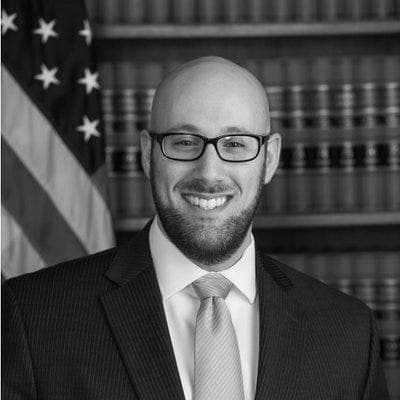Crypto Industry Calls for Two-Pronged SEC Regulatory Framework to Foster Innovation

Jake Chervinsky, Chief Legal Officer at Variant Fund and a prominent voice in crypto regulation, has called on the U.S. Securities and Exchange Commission (SEC) to establish two distinct regulatory priorities to enable innovation in digital assets. Chervinsky emphasized the need for clear guidelines that differentiate between projects aiming for decentralization and those designing innovative onchain securities. His statement comes amidst ongoing debates within the crypto community regarding the classification and regulation of various token structures.
Chervinsky outlined two critical areas for the SEC's focus: first, a "safe harbor" for projects launching tokens intended to become decentralized, treating them as exempt securities during their developmental phase. Second, he advocated for a comprehensive regulatory structure specifically designed for onchain securities, allowing issuers to innovate in financial instrument design within a decentralized environment. This approach, he suggested, would unlock new possibilities for companies, regardless of whether they are building entirely decentralized products.
The discussion gained traction in the context of recent industry debates, including Jeff Dorman's proposal for a $HOOD token for Robinhood. Dorman, from Arca Capital Management, suggested a fixed-supply token that would combine buybacks, user utility, and brand loyalty, with 50% allocated to shareholders and 50% airdropped to users. Miles Jennings, General Counsel and Head of Policy at a16z crypto, rebutted this idea, stating, > "That’s just a profits interest, which is a type of security that’s been around for a long time. Using a security as collateral also isn’t new. Token + financial engineering + buzzwords ≠ innovation." Chervinsky noted that Dorman's concept for tokens with revenue derived from a centralized issuer fits under his proposed second priority for onchain securities.
These calls for clarity align with the SEC's recent "Project Crypto" initiative, unveiled by SEC Chair Paul Atkins. This commission-wide effort aims to modernize securities regulation for digital assets, including the development of tailored disclosures, exemptions, and safe harbor mechanisms for crypto asset securities. Chervinsky has previously highlighted Project Crypto as a significant opportunity to build a regulatory environment where crypto can flourish under thoughtful, transparent rules, focusing on safe harbors for token issuance and frameworks for on-chain securities markets.
The industry's push for a pragmatic regulatory framework underscores a desire for the U.S. to lead in digital asset innovation. By providing clear pathways for both decentralized projects and novel onchain securities, experts believe the SEC can foster growth while maintaining investor protection, ultimately shaping the future of finance.